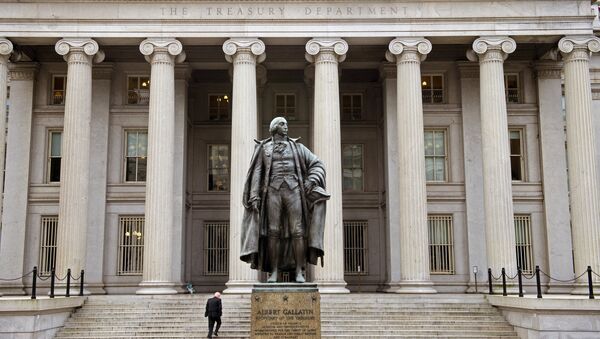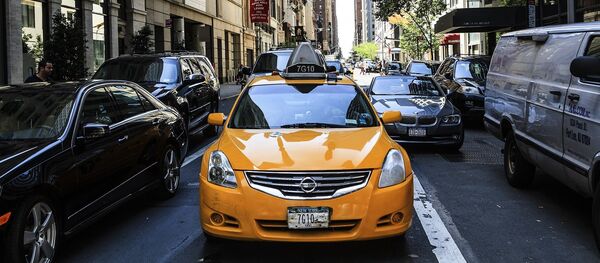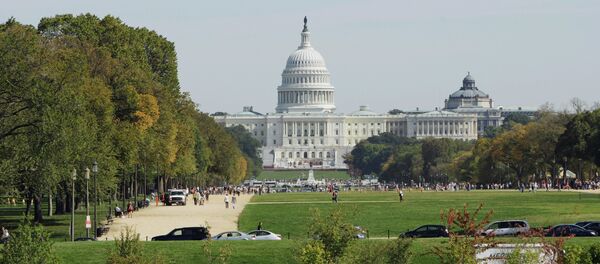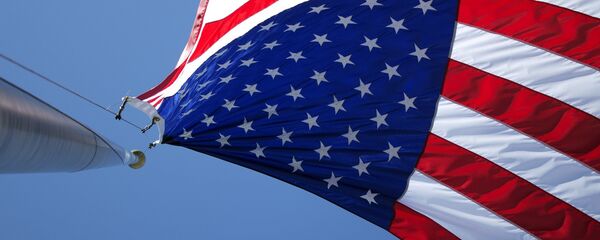However, deregulation in commercial lender trading activity would also render the US financial system riskier and make it a more volatile environment overall, where some banks could face capitalisation challenges as a result of the unwise allocation of capital in unprofitable trades.
Treasury Secretary Steven Mnuchin told five separate agencies to review the existing implications and possible changes to the so-called Volcker Rule, in order to remove excessive government meddling in the US financial sector. Implemented as part of the Dodd-Frank Wall Street regulation package in 2010, the Volcker Rule prohibits US banks from allocating their capital for speculative investments, including trading activities, which do not directly benefit the bank's customers.
Mnuchin's review of the Volcker Rule is poised to provide banks with more wiggle room to participate in trading, and the re-evaluation of the effect of the restrictions is aimed at finding a compromise solution, which would allow banks to trade without jeopardising the money of their customers.
The Volcker Rule prevents big banks, which work with the Federal Deposit Insurance Corporation (FDIC), from making large-scale trade transactions, which might entail significant losses and breach their capitalisation. Subsequently, since 2010, many such banks, apart from trading via their subsidiaries, have also become increasingly risk-averse, which has resulted in a decline in the volumes of trading in certain segments of the US financial sector.
This, in turn, has limited the growth capacity of the broader economy, as it might have impaired business investment in the US, with less capital being passed on from the financial sector to the Main Street economy.
All this means that the Volcker Rule might in fact be among only a handful of Dodd-Frank provisions that will outlive the whole regulations package implemented in 2010. The problem with the Volcker Rule as is, at this point, is that its wording is too vague, and it is not quite clear what is allowed and what is not, rendering it even more prohibitive, and banks even more conservative in their business strategies.
Earlier this year, Mnuchin said he supported the Volcker Rule because "proprietary trading does not belong" in regular banking insured by the federal government. However, the Treasury Secretary also said that it does not mean the rule cannot be improved in order to ease the liquidity flow and help banks serve the needs of their customers who actually might want to trade using their own money in bank — currently, the Volcker Rule indirectly bans that as well.






